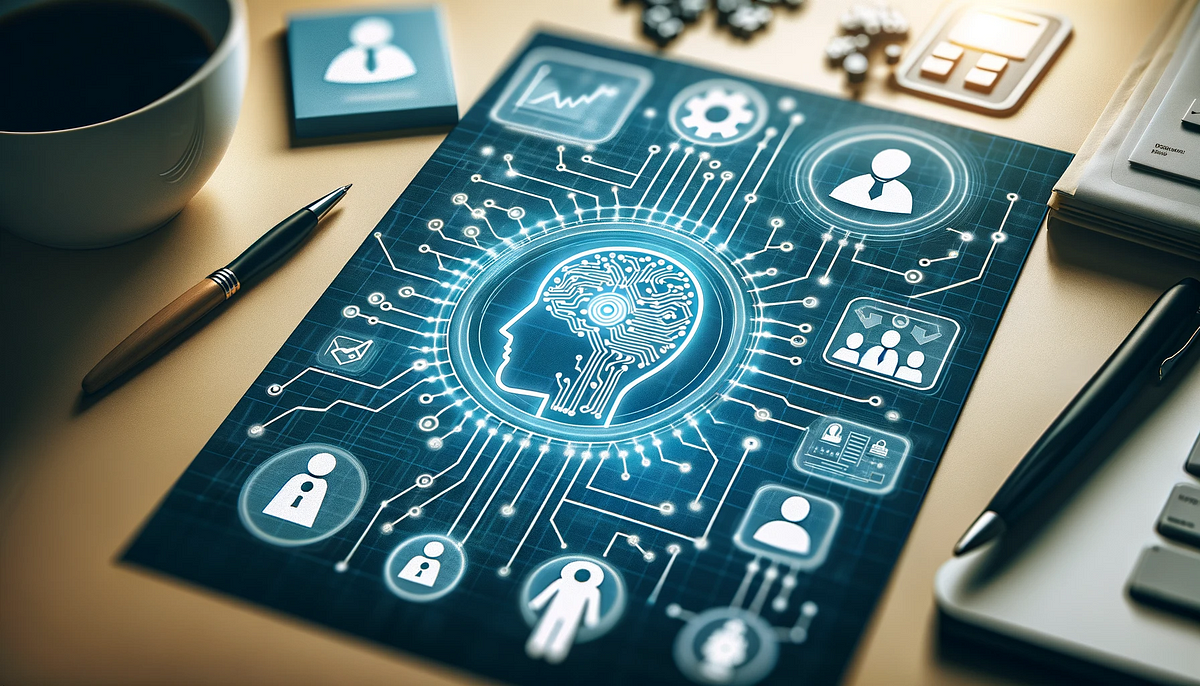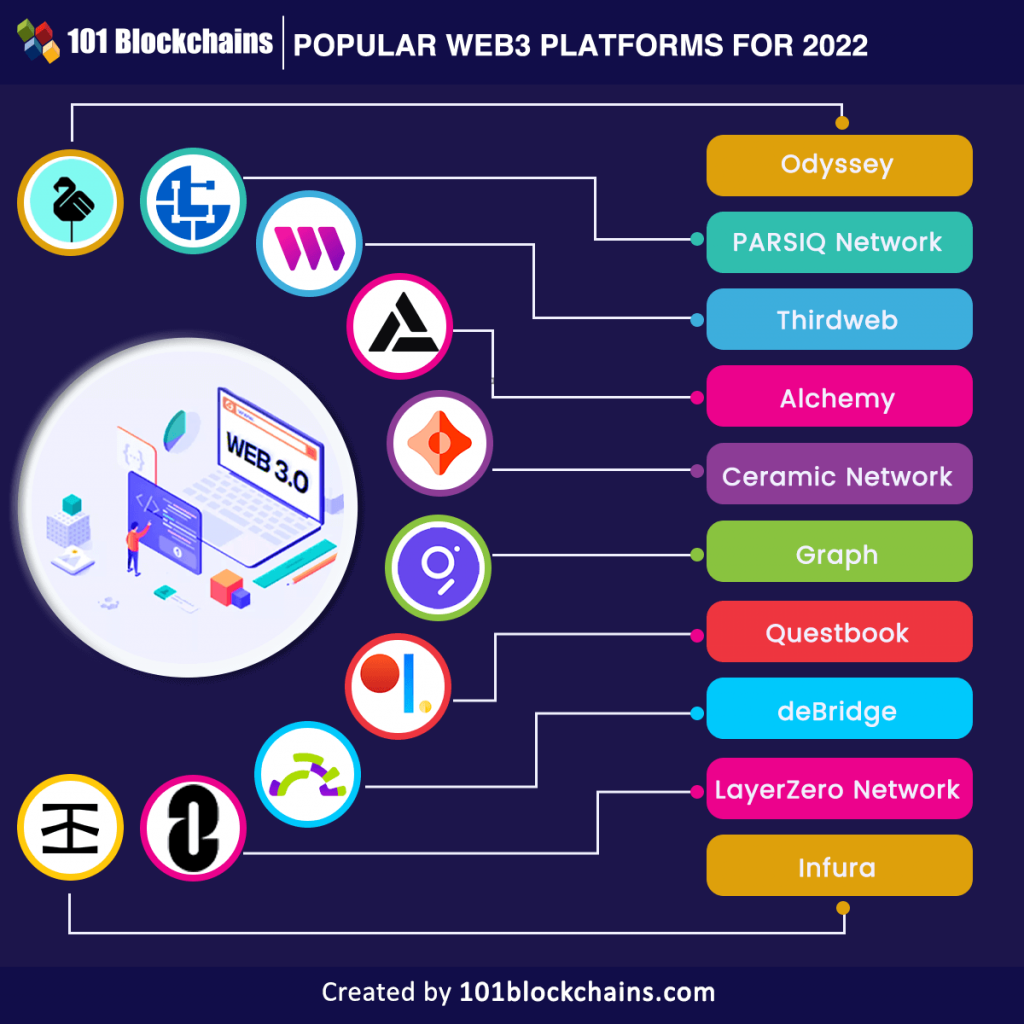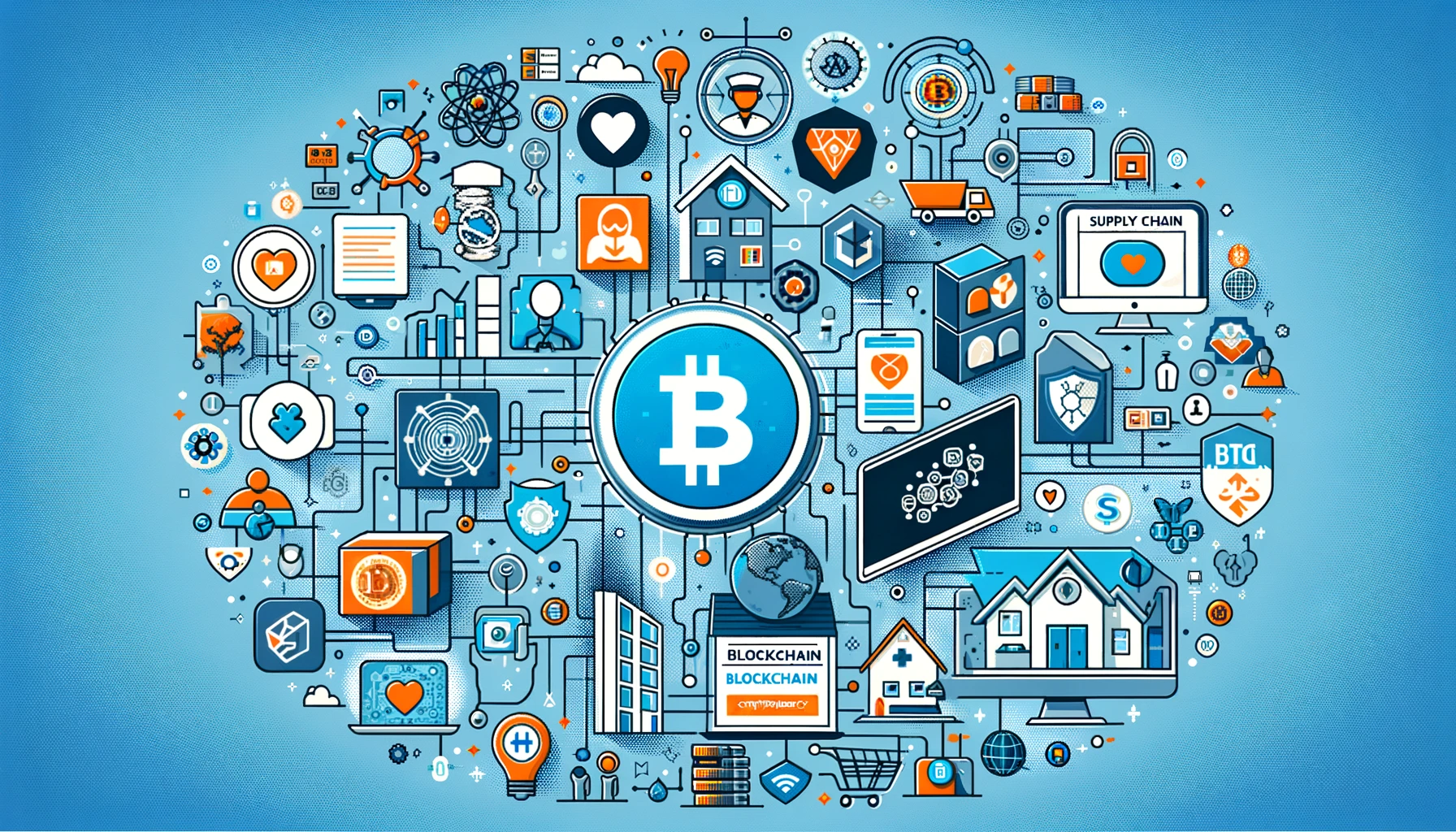
AI in Human Resources: Revolutionizing HR – Streamlining Recruitment & Management for the Modern Workforce
In today’s fast-paced business world, Human Resources (HR) departments are constantly looking for ways to be more efficient, effective, and employee-focused. The good news? A powerful ally has emerged: Artificial Intelligence (AI). Far from being a futuristic concept, AI is already transforming how companies find, hire, manage, and nurture their talent.
This comprehensive guide will explore how AI is streamlining various aspects of HR, making processes smoother, fairer, and more strategic. Whether you’re an HR professional, a business owner, or simply curious about technology’s impact on the workplace, you’ll find easy-to-understand explanations of this exciting shift.
What Exactly is AI in HR?
At its core, Artificial Intelligence (AI) refers to computer systems designed to perform tasks that typically require human intelligence. This includes learning from data, recognizing patterns, making decisions, and even understanding natural language.
When we talk about AI in HR, we mean using these smart computer programs to automate repetitive tasks, analyze vast amounts of data, predict trends, and personalize experiences within the Human Resources function. Think of AI as a very clever assistant that helps HR professionals focus on what truly matters: people.
AI in Recruitment: Finding the Best Talent, Faster
Recruitment is often the first area where companies experience the benefits of AI. From sifting through countless resumes to scheduling interviews, AI can significantly speed up and improve the hiring process.
1. Automated Candidate Sourcing & Attraction
Finding the right candidates can feel like searching for a needle in a haystack. AI changes this.
- Smart Sourcing: AI-powered tools can scour job boards, social media platforms (like LinkedIn), and professional networks to identify potential candidates who match your job requirements, even if they haven’t applied yet.
- Personalized Job Ads: AI can analyze past successful hires to suggest keywords and phrases for job descriptions that attract the most suitable applicants. Some tools can even identify and remove biased language from job ads.
- Chatbots for Candidate Engagement: AI chatbots can answer common candidate questions 24/7, provide information about company culture, and guide applicants through the application process. This improves the candidate experience and reduces the workload for HR teams.
2. Intelligent Resume Screening & Shortlisting
Traditionally, HR professionals spend hours manually reviewing resumes. AI can do this in minutes.
- Automated Resume Parsing: AI systems can quickly read and extract key information from resumes (skills, experience, education), regardless of formatting.
- Skill Matching: AI algorithms can compare candidate skills and experience against job requirements, ranking applicants based on their suitability. This helps HR quickly identify the most qualified candidates from a large pool.
- Bias Reduction: While not perfect, AI can be trained to focus purely on qualifications, potentially reducing unconscious human bias that might creep into manual resume reviews based on names, addresses, or other non-relevant factors.
3. Streamlined Interviewing & Assessment
AI can assist at various stages of the interview process.
- Automated Interview Scheduling: AI tools can seamlessly coordinate interview times between candidates and hiring managers, sending reminders and handling rescheduling.
- Video Interview Analysis: Some AI platforms can analyze pre-recorded video interviews for speech patterns, tone, and even facial expressions (though this is a more advanced and sometimes controversial application) to provide insights. It’s crucial to note that this should only be used as a supplementary tool and never as the sole basis for hiring decisions.
- Gamified Assessments: AI can power engaging online games or simulations that assess a candidate’s problem-solving skills, critical thinking, and cultural fit in a fun, interactive way.
4. Predictive Hiring Analytics
AI can do more than just process current data; it can predict future outcomes.
- Predicting Candidate Success: By analyzing data from past successful hires (e.g., their skills, backgrounds, performance reviews), AI can predict which new candidates are most likely to excel in a specific role or within the company culture.
- Attrition Prediction: AI can even help predict which new hires might be at risk of leaving the company early, allowing HR to intervene with targeted support.
AI in Employee Management: Nurturing Your Workforce
Once candidates become employees, AI continues to play a vital role in managing their journey within the company, enhancing their experience, and boosting productivity.
1. Seamless Onboarding Experiences
A great onboarding experience sets the tone for an employee’s journey. AI can make it smoother.
- Personalized Onboarding Journeys: AI can tailor onboarding content (training modules, welcome messages, key resources) based on the employee’s role, department, and previous experience.
- Automated Paperwork: AI can automate the completion and routing of onboarding documents, reducing administrative burden for both HR and the new hire.
- Chatbot Support: New employees can use AI chatbots to quickly find answers to common questions about company policies, benefits, or IT support.
2. Enhanced Performance Management
AI can bring data-driven insights to performance reviews and development.
- Continuous Feedback Tools: AI can integrate with communication platforms to prompt regular, specific feedback from peers and managers, moving beyond annual reviews.
- Performance Prediction: By analyzing various data points (e.g., project completion rates, training engagement, internal communications), AI can help identify employees who might need extra support or those ready for promotion.
- Objective Goal Setting: AI can suggest realistic and challenging goals based on historical performance data and industry benchmarks.
3. Boosting Employee Engagement & Well-being
AI can help HR understand and respond to employee needs in real-time.
- Sentiment Analysis: AI can analyze internal communications (e.g., surveys, internal chat platforms, anonymously submitted feedback) to gauge overall employee sentiment and identify potential issues like burnout or dissatisfaction before they escalate.
- Personalized Well-being Recommendations: Based on employee data (with strict privacy controls), AI can suggest personalized well-being resources, stress reduction techniques, or mental health support.
- Proactive Retention Strategies: By identifying patterns in employee data that might indicate a risk of departure, AI allows HR to proactively engage with at-risk employees and offer solutions.
4. Smart Learning & Development (L&D)
Personalized learning is key to employee growth, and AI excels at it.
- Personalized Training Paths: AI can recommend specific training courses, workshops, or learning resources based on an employee’s role, career aspirations, performance gaps, and learning style.
- Skills Gap Analysis: AI can identify current and future skill gaps within the workforce by comparing existing employee skills against evolving business needs and market trends.
- Adaptive Learning: AI-powered learning platforms can adjust the difficulty and pace of content based on an individual’s progress and understanding, ensuring more effective learning.
5. HR Analytics & Insights
AI transforms raw HR data into actionable insights for strategic decision-making.
- Dashboard & Reporting: AI-powered dashboards provide real-time visualizations of key HR metrics (e.g., turnover rates, time-to-hire, employee satisfaction).
- Predictive Analytics: Beyond recruitment, AI can predict future HR trends like workforce needs, budget requirements, or potential compliance issues.
- Optimizing HR Policies: By analyzing data, AI can help HR understand the effectiveness of current policies and suggest improvements to enhance employee satisfaction and productivity.
The Big Benefits of AI in HR: Why Bother?
Implementing AI in HR isn’t just about adopting new technology; it’s about achieving tangible improvements that benefit the entire organization.
- Increased Efficiency & Time Savings: Automating repetitive tasks frees up HR professionals to focus on strategic initiatives and human interaction.
- Cost Reduction: Less time spent on manual tasks, fewer bad hires, and reduced employee turnover all contribute to significant cost savings.
- Improved Quality of Hires: AI’s data-driven approach helps identify the most suitable candidates, leading to better-performing employees who stay longer.
- Enhanced Employee Experience: From seamless onboarding to personalized learning, AI contributes to a more engaging and supportive work environment.
- Reduced Bias: When properly trained and monitored, AI can help minimize unconscious human bias in hiring and performance management decisions.
- Data-Driven Decision Making: AI provides powerful insights from HR data, enabling more informed and strategic decisions.
- Scalability: AI solutions can easily scale to handle growing workforces without a proportional increase in HR staff.
Addressing the Concerns: Is AI Taking Over HR Jobs?
It’s natural to have questions and concerns about new technologies, especially AI. A common worry is that AI will replace human HR professionals.
- AI as an Assistant, Not a Replacement: The general consensus among experts is that AI will augment HR roles, not eliminate them. AI handles the "transactional" and data-heavy tasks, allowing HR professionals to focus on the "transformational" aspects – building relationships, fostering culture, strategic planning, and handling complex employee issues that require empathy and judgment.
- Ethical AI & Bias: While AI can reduce human bias, it can also inherit biases present in the data it’s trained on. Companies must prioritize ethical AI development, ensuring data diversity, transparency in algorithms, and continuous monitoring to prevent discriminatory outcomes. Human oversight is crucial here.
- Data Privacy & Security: Handling sensitive employee data with AI requires robust security measures and strict adherence to data privacy regulations (like GDPR or CCPA). Transparency with employees about how their data is used is also vital.
- Maintaining the Human Touch: HR is fundamentally about people. While AI can automate processes, it cannot replace the empathy, emotional intelligence, and interpersonal skills needed to support employees, resolve conflicts, or provide personal guidance.
Getting Started with AI in HR: Practical Steps
Ready to explore AI for your HR department? Here’s how to approach it:
- Identify Your Pain Points: Where are your biggest HR challenges? Is it slow recruitment? High turnover? Inefficient performance reviews? Start with the area where AI can have the most immediate impact.
- Educate Your Team: Ensure your HR team understands what AI is, how it works, and its potential benefits. Address their concerns and involve them in the process.
- Start Small: Don’t try to implement AI everywhere at once. Begin with a pilot project in one specific area (e.g., resume screening or automated interview scheduling) to test the waters and learn.
- Choose the Right Tools: Research reputable AI HR software vendors. Look for solutions that integrate with your existing HR systems and offer strong data security.
- Focus on Data Quality: AI is only as good as the data it’s fed. Ensure your HR data is clean, accurate, and comprehensive.
- Prioritize Ethics & Transparency: Always consider the ethical implications of AI tools. Be transparent with employees about how AI is being used and ensure it’s used fairly and without bias.
- Monitor & Iterate: AI implementation is an ongoing process. Continuously monitor the performance of your AI tools, gather feedback, and make adjustments as needed.
The Future of AI in HR
The journey of AI in HR is just beginning. We can expect to see:
- Even Deeper Personalization: Hyper-personalized employee experiences, from benefits packages to career development plans, tailored by AI.
- Enhanced Predictive Capabilities: More accurate predictions for workforce planning, skill gaps, and employee well-being.
- Greater Integration: Seamless integration of AI across all HR functions, creating a unified, intelligent HR ecosystem.
- AI-Powered Virtual HR Assistants: More sophisticated virtual assistants that can handle complex queries and provide proactive support to employees and managers.
Conclusion
AI is not just a trend; it’s a fundamental shift in how HR operates. By embracing AI, HR departments can move beyond administrative tasks to become more strategic partners, driving efficiency, improving employee experiences, and ultimately, building stronger, more successful organizations.
While the technology is powerful, it’s crucial to remember that AI is a tool. The human element – empathy, judgment, and strategic thinking – will always remain at the heart of effective Human Resources. AI empowers HR professionals to focus on what they do best: connecting with people and fostering a thriving workplace culture. The future of HR is here, and it’s intelligent, efficient, and more human than ever before.



Post Comment